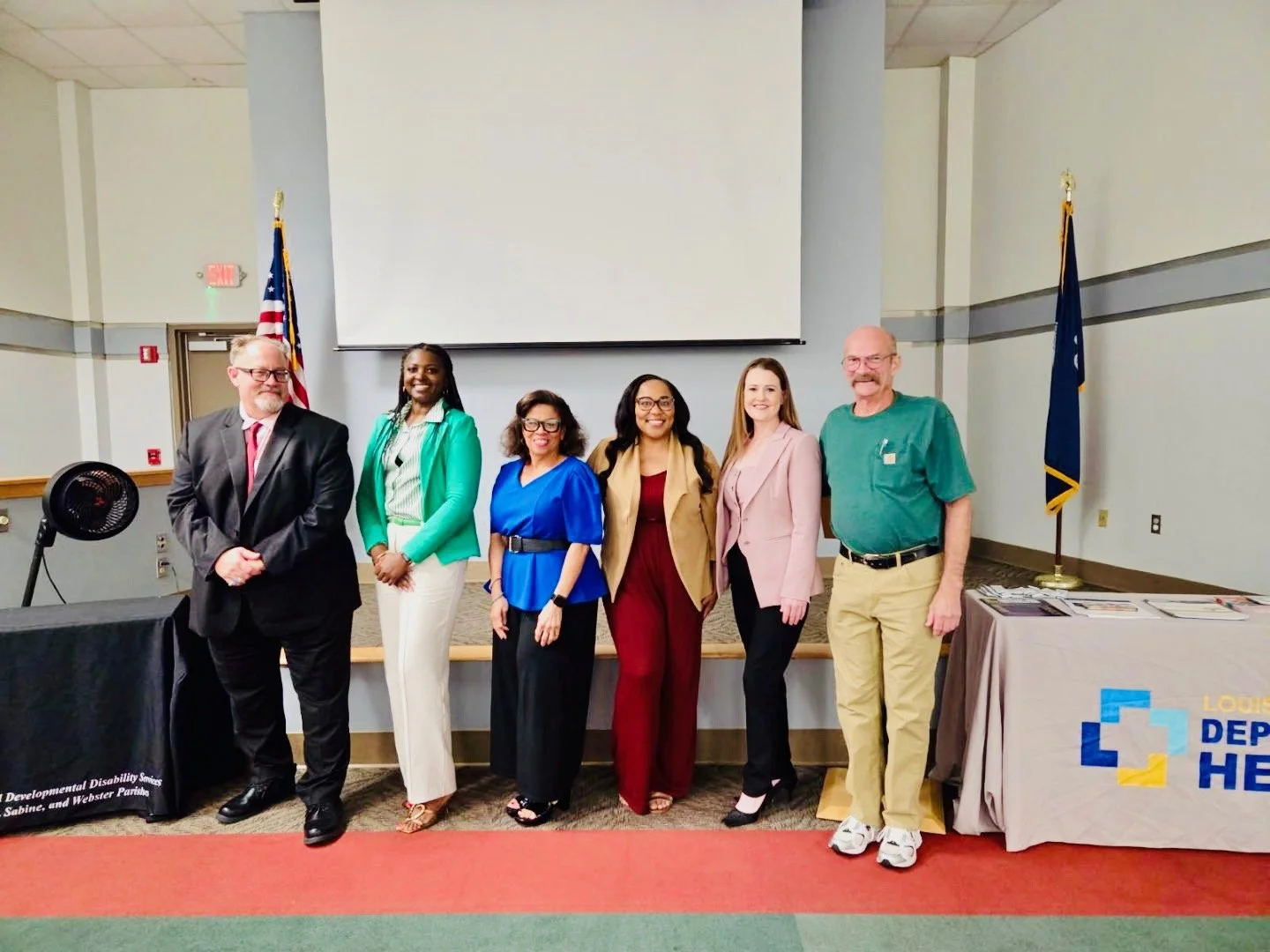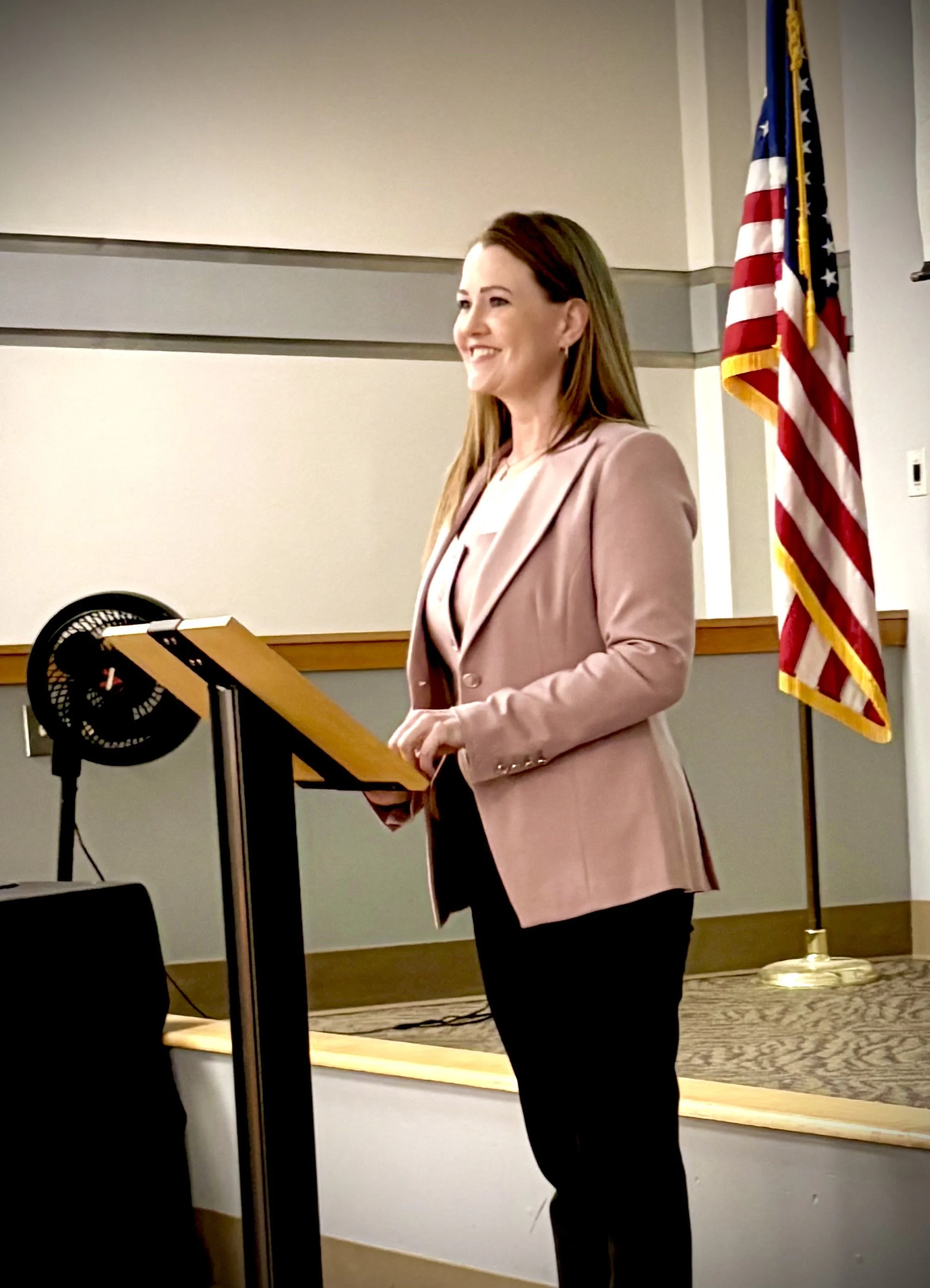Contributions To The Field
-
This article first appeared at http://ldh.la.gov on December 03, 2018 and contains references to work by Sarah Hamauei MD.
The Louisiana Department of Health today released the recommendations of an expert panel on how to address the opioid epidemic in the state.
The recommendations call for (1) improving access to non-opioid treatments for pain; (2) expanding access to effective treatment; (3) establishing a quality improvement system for treatment providers; (4) treating addiction as a chronic illness; (5) expanding the use of peer recovery specialists; and (6) investing in models of care that support women and families. Each recommendation includes specific, actionable steps and suggested measures to monitor improvement.
The Department of Health is seeking public comments on these recommendations from December 3 to December 31 as the next step in the development of an updated statewide strategy in early 2019. More than 400 Louisianans died of opioid overdose in 2017, a 20 percent increase over 2016.
“It’s an all-hands-on-deck moment for Louisiana and the opioid epidemic,” said Dr. Rebekah Gee, secretary of the Department of Health. “We appreciate the help of these experts and of so many in the public who have contributed their understanding and ideas to the state’s efforts.”
The expert panel includes Dr. Rochelle Dunham, the former director of behavioral health for the state; Dr. Joseph Kanter, a leading state public health official; and Dr. Sarah Hamauei, a Shreveport specialist in addiction medicine. The panel received technical assistance from Dr. Amanda Latimore and Dr. Joshua Sharfstein of the Bloomberg American Health Initiative at Johns Hopkins University.
Working over two months, the experts reviewed information gathered from a public comment period and four public meetings, the last an all-day meeting in Baton Rouge on October 5.
The experts found that “Louisiana has taken several important actions to address this epidemic,” including passing legislation on opioid prescriptions, establishing a standing order for naloxone, requiring education in schools, setting up syringe exchange programs and mandating continuing medical education for prescribers.
To make additional progress, the panel set out 14 action steps to accomplish the six recommendations. Given the scale of the epidemic, the action steps involve a diverse set of agencies and organizations, including insurers, medical schools, the correctional system, law enforcement, the treatment community and the Medicaid program.
The expert recommendations will inform the development of an updated statewide strategy early next year. In addition to public comment on these ideas, the strategy will also reflect the input of the HOPE Council and engagement with other state partners and agencies.
-
This article first appeared in the Advocate of Baton Rouge and contains contributions by Sarah Hamauei MD.
“She was brilliant, and also unassuming in a lot of ways … she’s a very kind, compassionate and loving woman, but she’s also extremely naïve. I didn’t really see it that way as a child, though. I just saw her as my beautiful, caring, funny, humble, nurturing mom. She was lovely … really.”
Karl Lawrence, 36, speaks these words with softness in his voice.
He recalls his childhood with remarkable ease and an obvious sense of pride that can be traced back to his close-knit family roots.
-
This article first appeared in the Advocate of Baton Rouge and contains contributions by Sarah Hamauei MD.
“Everyone fell in love with Bryce from the moment they met him … he would light up a room. He was very loving, he had the biggest heart of anybody I knew, and I think toward the end, that’s what killed him. He was so disappointed in himself. It was eating him alive. One night, he came to me crying, asking, ‘Why can’t I stop this? I just don’t understand, I don’t wanna be like this.’ But it was just so much bigger than him.”
April Gomez, 49, reflects on her son’s life with an indescribable sadness in her voice.
Evidence-Based Resources for Addiction and Mental Health
“As a fellow healthcare professional, I have witnessed Dr. Hamauei’s clinical acumen, professionalism, and compassionate approach to patient care firsthand. She consistently demonstrates a thorough knowledge of medical science, excellent diagnostic judgment, and a commitment to evidence-based medicine.
Beyond clinical expertise, Dr. Hamauei is a truly collaborative colleague. She is always willing to support team members and approaches challenges with calm, thoughtful insight. Patients respect her clear communication and genuine empathy.
One quality I particularly admire is her dedication to continuous improvement—whether that’s staying up to date with the latest guidelines or teaching others on her team. Working with her contributed greatly to my ability to care for those with substance use disorders. I will be forever grateful for the time and wisdom she invested in me.”
— Karla Jones-Gipson MSN, APRN, FNP-C, PMHNP-BC





